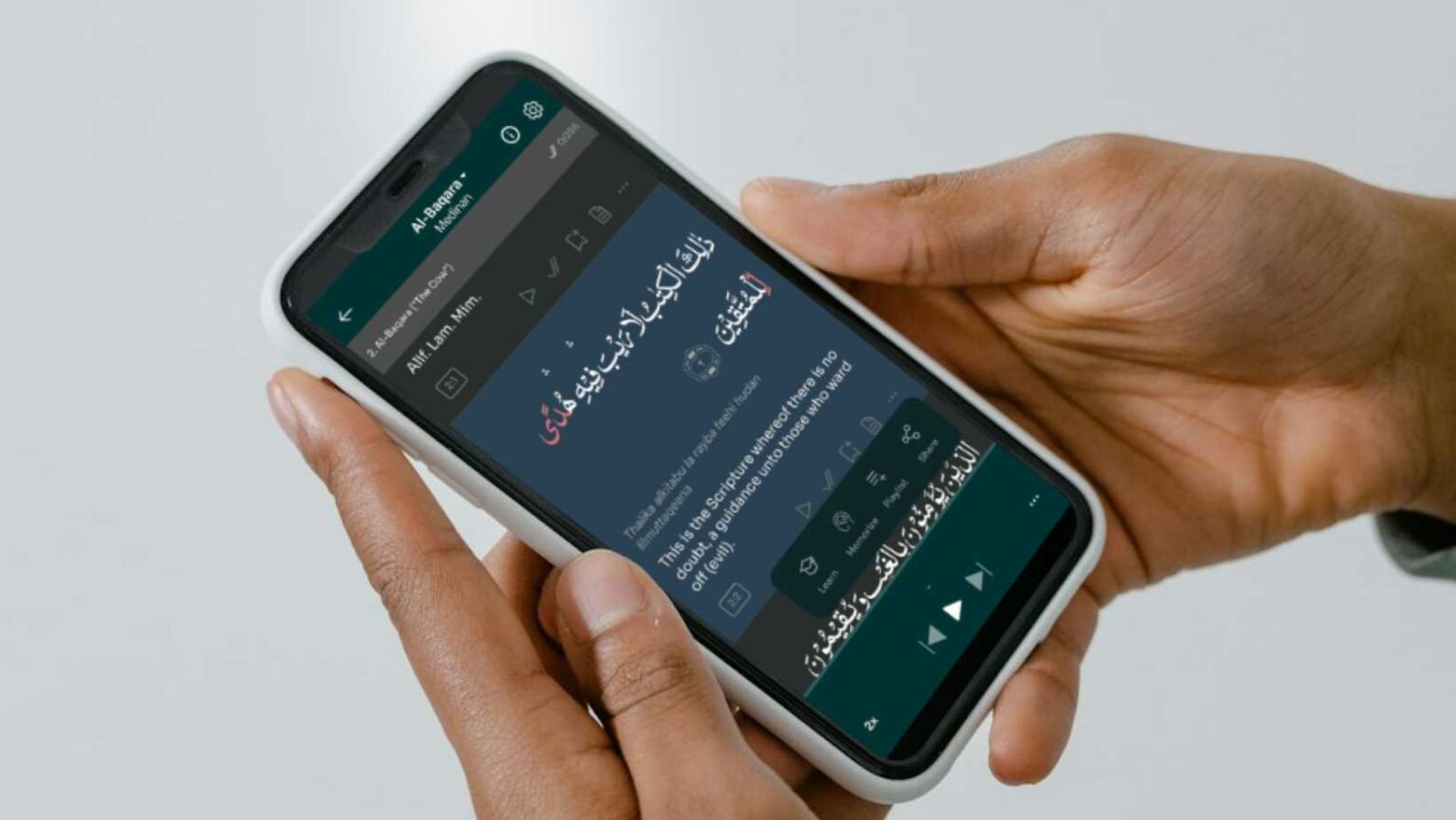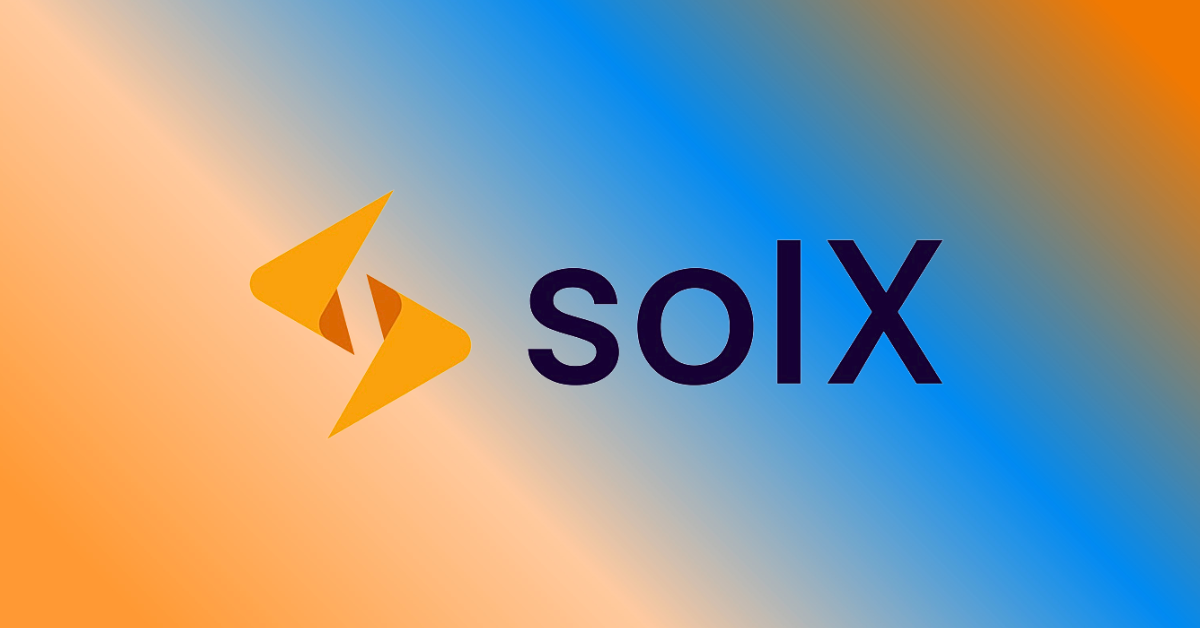In today’s digital age, technology plays a crucial role in making the Quran more accessible to a global audience. With innovations and advancements, the way individuals engage with the Quran has transformed immensely.
1. Mobile Applications: Various mobile applications provide easy access to the Quran on the go. These apps often include translations, Tafsir (exegesis), and even audio recitations, making it easier for users to read and understand the text wherever they may be.
2. Online Courses: The rise of online learning platforms has resulted in numerous online courses that allow individuals to study the Quran from the comfort of their own home. These courses cater to different proficiency levels and often offer interactive sessions with qualified instructors.
3. E-Books and PDFs: The availability of e-books and downloadable PDFs makes the Quran easily accessible to readers around the world. This format allows for convenient storage and easy sharing among communities, breaking geographical barriers.
4. Streaming Services: Video and audio streaming services provide access to Quranic recitations and lectures on Islamic teachings. This enables listeners and viewers to engage with the content in diverse formats, enriching their understanding.
5. Social Media Platforms: Various social media platforms host communities where users can discuss Quranic verses, share insights, and ask questions. This interactive approach fosters a sense of belonging and encourages collective learning.
6. Voice-Activated Assistants: Integrating the Quran with voice-activated assistants allows users to listen to recitations or seek explanations simply through voice commands. This technology caters to people who may have difficulties reading due to age or disability.
7. Multilingual Translations: Technology has enabled numerous translations of the Quran in various languages. By providing easy access to translations and interpretations, it helps non-Arabic speakers connect with the text more intimately.
Transforming Quran Access: How Technology Is Changing The Game
In today’s digital age, technology is redefining how we access religious texts, and the Quran is no exception. With the advent of various digital tools, the Quran is becoming more accessible to a broader audience than ever before. This transformation not only enhances understanding but also fosters a deeper connection with the Quran for people all over the world.
1. Mobile Applications: The rise of mobile applications is a game-changer. Apps like Quran Majeed and Muslim Pro allow users to read the Quran anytime, anywhere. These apps often provide translations, audio recitations, and various features to enhance the reading experience.
2. Online Courses and Webinars: Educational platforms now offer online courses focused on the Quran. This allows individuals to learn and engage with the Quran from the comfort of their homes, regardless of their geographical location.
3. E-books and PDF Formats: Many websites now provide the Quran in multiple formats, including e-books and PDFs. This digital text is often free or very affordable, making it easier for people to access religious knowledge.
4. Social Media Platforms: Social media has become an effective means of sharing teachings from the Quran. Through posts, videos, and discussions, individuals can engage with religious content, fostering a community of learners.
5. Interactive Websites: Many dedicated websites offer interactive features such as tafsir (interpretations) and discussions, simplifying complex concepts in the Quran and fostering deeper understanding.
6. Audio and Video Recitations: With the availability of audio and video recitations, individuals can listen to the Quran being recited in various styles. This not only aids memorization but also enhances the overall experience of engaging with the text.
7. Translation Services: Technology has enabled the development of accurate translations in numerous languages.
Mobile Applications: A Key Tool For Modern Quran Study
In today’s fast-paced world, mobile applications have become indispensable tools for many aspects of our lives, including learning and studying the Quran. With the advent of technology, accessing religious texts has never been easier or more efficient. The convenience of having the Quran in the palm of your hand has revolutionized how individuals engage with their faith. Here are some ways that these innovative technologies are enhancing Quran accessibility.
1. Digital Quran: Mobile apps provide a comprehensive and user-friendly interface for readers, allowing them to access the Quran anytime, anywhere. With just a few taps on a screen, users can read, listen, and even translate verses, making it a powerful resource for both study and devotion.
2. Audio Features: Many applications offer recitations of the Quran by renowned Qaris. Users can listen to different styles of recitation, which enhances their understanding and appreciation of the text while providing a pleasant auditory experience.
3. Translation and Tafsir: Mobile applications often include translations in various languages, which helps non-Arabic speakers grasp the meaning of the Quran. Additionally, some apps provide Tafsir (interpretations), allowing users to delve deeper into the context and teachings of each verse.
4. Interactive Learning: Many apps incorporate features like quizzes and flashcards to engage users actively. This interactive learning approach encourages memorization and comprehension of the Quran in a fun and effective manner.
5. Customization Options: Users can personalize their experience, selecting font sizes, themes, and reading modes to suit their preferences. This customization makes it easier to read for extended periods, enhancing comprehension and retention of the Quran text.
6. Community and Social Features: Some mobile applications include forums and community features where users can ask questions, share insights, and connect with others. This building of community fosters deeper discussions around the Quran and enhances the learning experience.
7. Multimedia Content: Beyond text, many applications offer videos and podcasts that discuss various aspects of Islam and the Quran. This multimedia approach caters to different learning styles, making the teachings of the Quran more accessible to a broader audience.
Online Courses And Webinars: Learning The Quran From Home
In today’s world, technology has revolutionized the way we access knowledge, and this is profoundly visible in how we study the Quran. With the advent of online courses and webinars, individuals can now immerse themselves in Quranic studies without the need to attend physical classes. This shift has not only made learning the Quran more flexible but also more inclusive for those unable to attend traditional classes due to geographical or personal constraints.
One of the primary advantages of online courses is that they offer a diverse array of Quranic teachings available at our fingertips. Learners can choose specific topics that interest them or that they need to deepen their understanding of. This customization allows for a more personal and engaging learning experience.
Moreover, the availability of recordings from webinars provides flexibility. Students who cannot attend live sessions can still access the material at their convenience. This accessibility ensures that everyone, regardless of their time constraints, can still benefit from the teachings provided in these sessions.
Interactive features in these online platforms further enhance the learning experience. Forums and chat options allow students to connect with instructors and fellow learners, promoting a sense of community even though they are learning from home.
In addition to traditional courses, many platforms now offer webinars led by esteemed scholars, providing opportunities to learn directly from experts. This exposure to knowledgeable instructors enhances the learning experience and gives participants access to insights that may not be available in standard textbooks.
Technology also enables the integration of resources such as digital translations and commentaries, allowing for a more profound understanding of the Quranic text. The ability to view and analyze these resources in real-time during courses is especially beneficial for enhancing comprehension.





